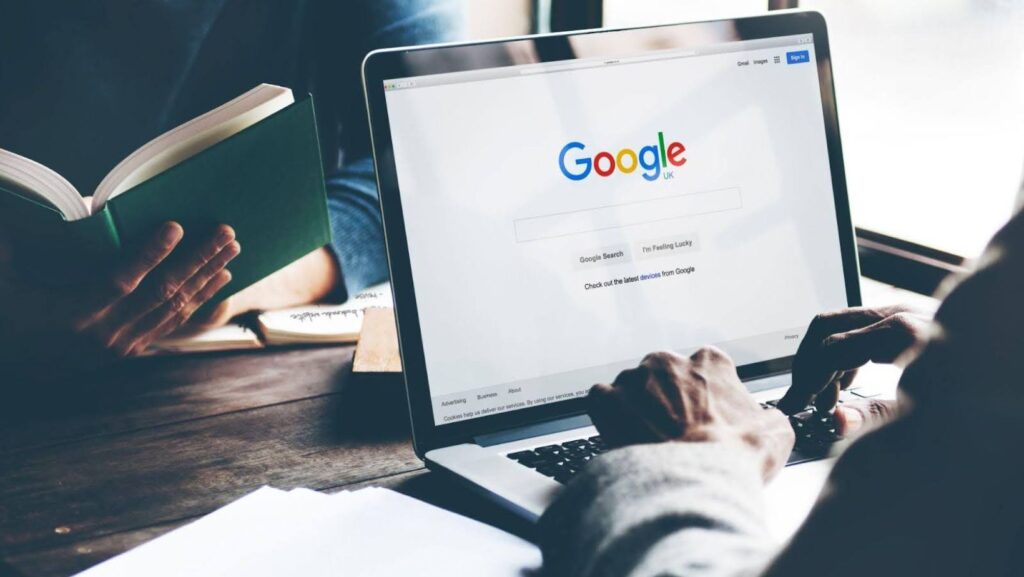The idea of running a background check comes up in many everyday situations. You may want to confirm the identity of someone you met online, look into an unfamiliar phone number, or find out more about a neighbor or acquaintance.
That leads to an important question: Can you do a background check on someone? The short answer is yes, but only within the limits of the law.
Understanding what a background check includes, how you can run one legally, and which tools provide reliable results will help you use this information safely and responsibly.
What Is a Background Check?
A background check is the process of pulling together publicly available records about a person. These searches can include information from government databases, court systems, and other official sources.
There are two main categories:
- Regulated Background Checks: Used by employers, landlords, or financial institutions. These are governed by the Fair Credit Reporting Act (FCRA) and require written consent.
- Personal Background Checks: Done for safety, curiosity, or reconnection. These are legal as long as they are not used to make employment, housing, or credit decisions.
In short, a background check is a way to verify identity or history, but the purpose determines what kind of check you are legally allowed to run.
What Shows Up in a Background Check?
The information you see depends on the service and type of search. A personal background check may reveal:
- Basic Identity Details: Name, age, and known aliases.
- Location History: Past and present addresses.
- Court Records: Civil or criminal cases that are public.
- Property Information: Ownership or tax records.
- Connections: relatives or possible associates.
- Online Presence: social media accounts tied to a name, phone, or email.
Please keep in mind that these results can be broad but aren’t always complete or up to date. For the most accurate picture, it is often useful to confirm information through more than one source.
Can You Do a Background Check on Someone Legally?

Yes, but only for approved purposes. Legal reasons include:
- Verifying the identity of someone you met through online dating.
- Reconnecting with relatives or long-lost friends.
- Checking if a caller or email sender is connected to a scam.
Prohibited uses include:
- Screening a job applicant without written consent.
- Evaluating a potential tenant.
- Running a credit check without permission.
For professional or financial purposes, background checks must follow the FCRA, which is explained by the Federal Trade Commission.
How to Run a Background Check Yourself
There are several legal and accessible methods:
- Court and Public Records: Many states provide online search portals for criminal and civil cases.
- Property Records: County assessor or recorder websites can confirm who owns a property.
- Sex Offender Registry: The National Sex Offender Public Website allows searches across the country.
- Reverse Lookups: Online tools make it possible to search by phone, email, or address. For instance, a reverse address lookup can help identify who lives at or owns a location.
Each option has strengths and limits. Government sources are reliable but usually cover only one type of record, while broad lookup tools combine multiple databases to provide a more complete overview.
Risks and Limitations of Doing a Background Check Yourself
Even when you run a background check for personal reasons, there are challenges to keep in mind:
- Data Accuracy: You may come across outdated or incomplete records. If you rely on them without double-checking, you could form the wrong impression about someone.
- Coverage Gaps: Not every state or county has digital records. You might spend time searching online only to learn that certain information requires in-person requests.
- Privacy Concerns: Using personal checks for the wrong reasons puts you at risk. Misusing someone’s information can cross legal lines and cause unnecessary problems.
- Time and Effort: Doing it yourself can be slow and frustrating. Searching across multiple websites often means piecing together small bits of data into a larger picture.
The safest approach is to recognize these limits and use background checks only for awareness, safety, or reconnecting, not for regulated purposes like employment or credit.
Can You Do a Background Check on Someone: The Right Way
You can run a background check on someone as long as it is done for legal and responsible purposes. The key is to use it as a tool for awareness and safety, not for decisions that require official consent or regulated reports.
Always use the information respectfully and confirm results with official sources when possible. By approaching background checks this way, you protect yourself while ensuring the process remains lawful and fair.


